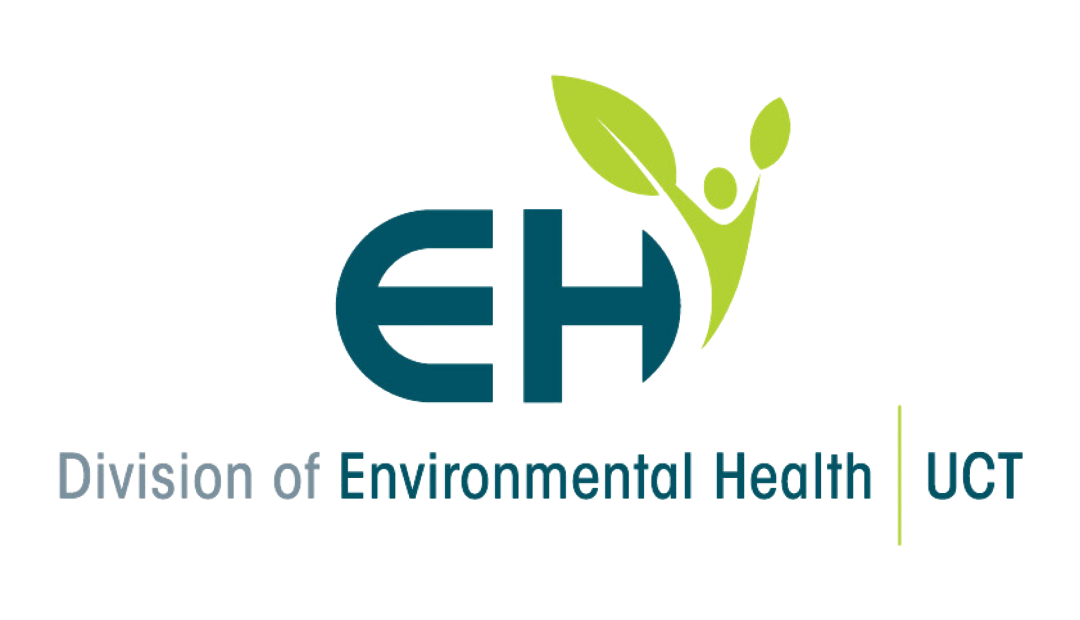SAPReF, in collaboration with the International Centre for Genetic Engineering and Biotechnology (ICGEB), is implementing a project titled 'Enhancing Trade Through Regulatory Harmonisation and Biopesticide Based Residue Mitigation in the SADC Region'. Funded by the Standards and Trade Development Facility (STDF), the three-year (2021 - 2024) project seeks to address the challenge of low export market access by some countries in Southern Africa owing to the non-compliance with existing maximum residue level (MRL) trade standards. The project aims to combine the use of conventional pesticides with microbial-based biopesticides to control key agricultural pests within an Integrated Pest Management (IPM) strategy.
The project is piloted in six SADC Member States namely, Botswana, Mozambique, South Africa, Tanzania, Zambia, and Zimbabwe.
The project focuses on three components:
-
Regulatory harmonisation: using the reviews of pesticide regulatory frameworks in the 6 project countries (Botswana, Mozambique, South Africa, Tanzania, Zambia and Zimbabwe) to understand the legislative process required for domestication of the biopesticide registration guidelines;
-
Residue mitigation: through strategic incorporation of nonresidue producing biopesticides, following conventional pesticides, to help reduce pesticide residue levels and hence enhance compliance with MRL standards;
-
Functional capacity building: developing the skills, knowledge, attitudes and behaviours needed to ensure individuals and organisations can work effectively to achieve the project’s stated objectives.
The implementation of the project in the SADC region is spearheaded by a Technical Working Group (TWG) composed of members of SAPReF. To date, the project has supported the development of a draft SADC Harmonized Guidelines for the Registration of Biopesticides and Biocontrol Agents, legal review of pesticide laws with a focus on biopesticides and biocontrol agents, studies on residue trials for biopesticides in Tanzania, as well as a survey to document the functional capacity and knowledge management needs of stakeholders in the SADC region on the use of biopesticides and biocontrol agents.
ICGEB Biopesticides Quarterly Newsletters
"A key stumbling block to reducing over-reliance on synthetic chemical pesticides in many countries in Southern Africa is the lack of effective policy frameworks to promote the inclusion of sustainable alternatives, such as biopesticides, in pest control programmes. The Southern Africa Biopesticides Project is playing a significant role in the development of such policy frameworks at a regional and, ultimately, country level."
- Mr Kenneth Chipere, Principal Research Officer: Pesticide Registration, Research Services Division, Ministry of Agriculture, Mechanization and Irrigation Development, Zimbabwe; and member of the Southern Africa Biopesticide Projects' Technical Working Group on regulatory harmonisation.
